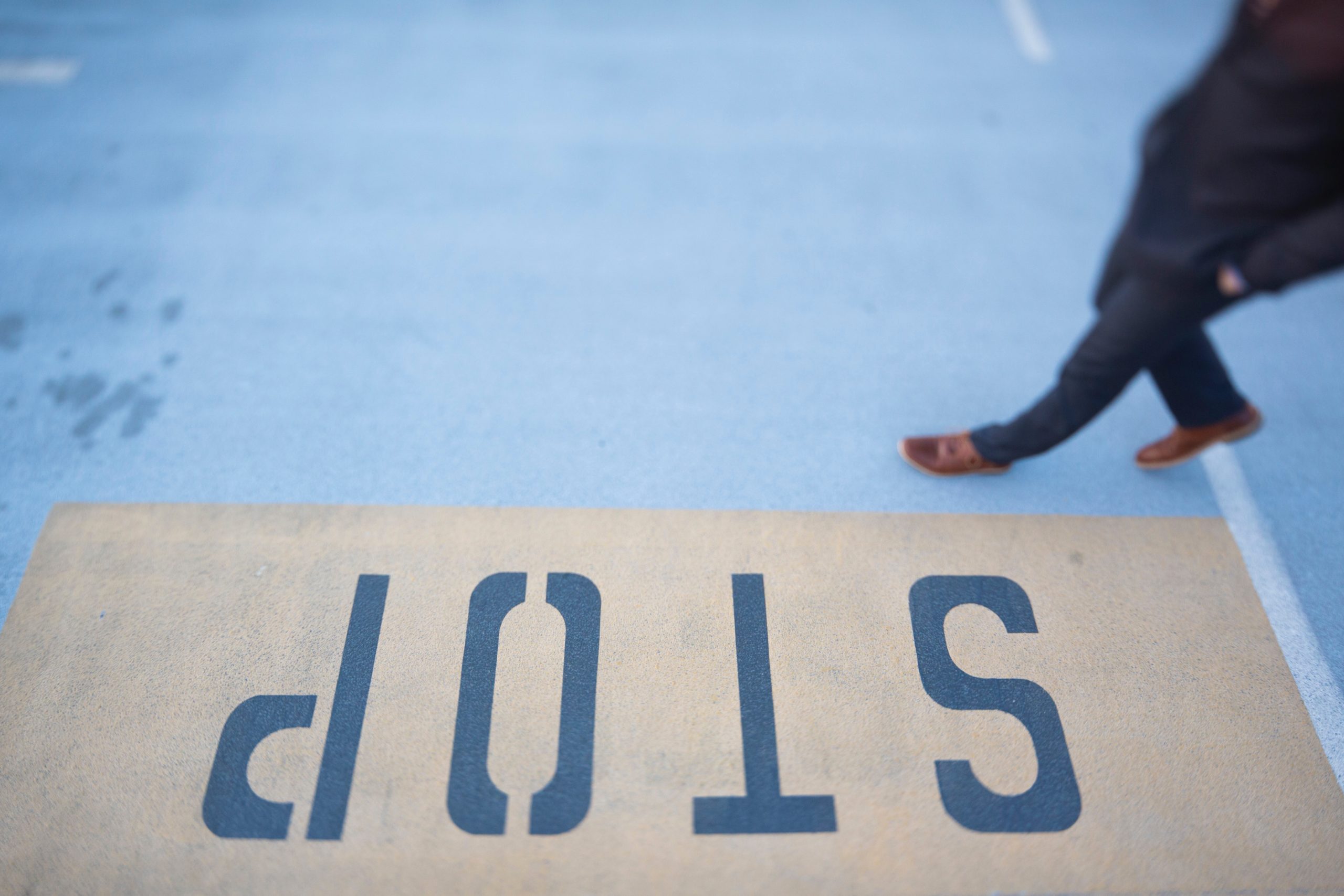Growing up, all I ever wanted to be was a prosecutor. I graduated from law school and achieved my lifelong dream by becoming an assistant state’s attorney (ASA). I remember the momentary high of doing the thing I worked so hard to become followed very quickly by a deep knowing that this job wasn’t right for me. I’d feel sick to my stomach every Sunday evening and lived for Friday afternoons. Yet, I stuck with it because that’s what the Cho’s do – if something doesn’t work, try harder.
I now know how I felt about my job, is very common. If you feel this way about your job, please know, you are not the only one. Most of the lawyers I work with come to me with questions like, “I absolutely hate my job but I feel stuck because I have $180,000 in student loan debt and I can’t afford to quit.” One of the hardest things I’ve ever had to do is to admit to myself that the life I was living, the dream I struggled so hard to achieve, wasn’t right for me. That’s a hard realization after a lot of effort, struggle, six-figure debt, and the bar exam.
I’ve found lawyers identify so much of who they are with what they do. When I work with lawyers, I give them an exercise where they try on different job titles and see if any of them feels like a possible fit. Most lawyers are reluctant to even entertain the idea of doing something, anything else.
Most of the time, it’s because of a deeply held belief that the only way she will be successful is if she continues her current path, climbs the ranks, and makes partner. This, I remind them, is like winning a pie-eating contest where the prize is – more pie. You better make darn sure that you really, really like pie before entering the contest.
I spend a lot of time talking to lawyers about self-care, wellness, mindfulness, and doing work that you love — the thing that makes you so joyous that you lose sight of time and space. Many describe it as being in a state of “flow.” I describe it as following your bliss.
As I tour around the country, traveling to dozens of cities, giving talks, having one-on-one meetings with lawyers, and engaging in honest dialogue about life as a lawyer, one common theme I see is this: too many of us are living a dream that wasn’t meant for us. And often, there’s a sense of being stuck between a rock and a hard place. The idea of doing something else, even entertaining the idea, is scary — yet the idea of staying is literally making them ill.
It wasn’t an easy journey to go from being an ASA to starting a law practice with my husband to writing about and teaching mindfulness. It turns out, I didn’t enjoy criminal law but love bankruptcy. Clients are never happy to be sitting at my office but, for the most part, they are grateful that I can help them find a solution to their overwhelming debt problem.
When I was in Denver, I gave a talk at the Colorado Bar Association. It was a full room and I had a moment where I looked up, saw all the attorneys that came to hear me speak, and thought – this is my life. I’m doing something I love so much that I would continue to do it, regardless of the critics, and the naysayers.
Having open dialogues with a group of lawyers about the things that we all think about but can’t speak about is a powerful experience. I’ve had lawyers come up to me after an event and share stories about how their friend (who was also a lawyer) committed suicide in the bar building parking garage, living with debilitating depression and feeling as though she was the only one living in a constant state of overwhelming anxiety, constantly feeling like a failure because she had to choose between her job and her child. There were many tears and hugs shared along the trip.
This leads me to ask the obvious question: given all that we know, given the statistics around lawyers and stress/anxiety, depression, substance/alcohol abuse, why aren’t we talking more about it? Why aren’t we creating safe spaces to talk about the damn elephant in the room? The expectation that we put on a facade and pretend that everything’s just fine only further isolates those who are suffering.
This article first appeared on Above the Law.

